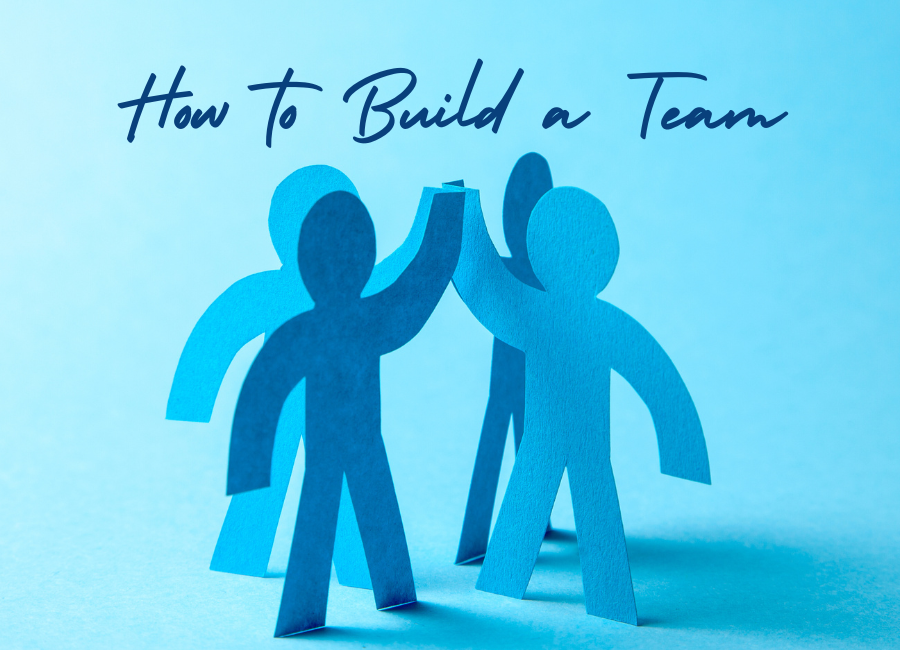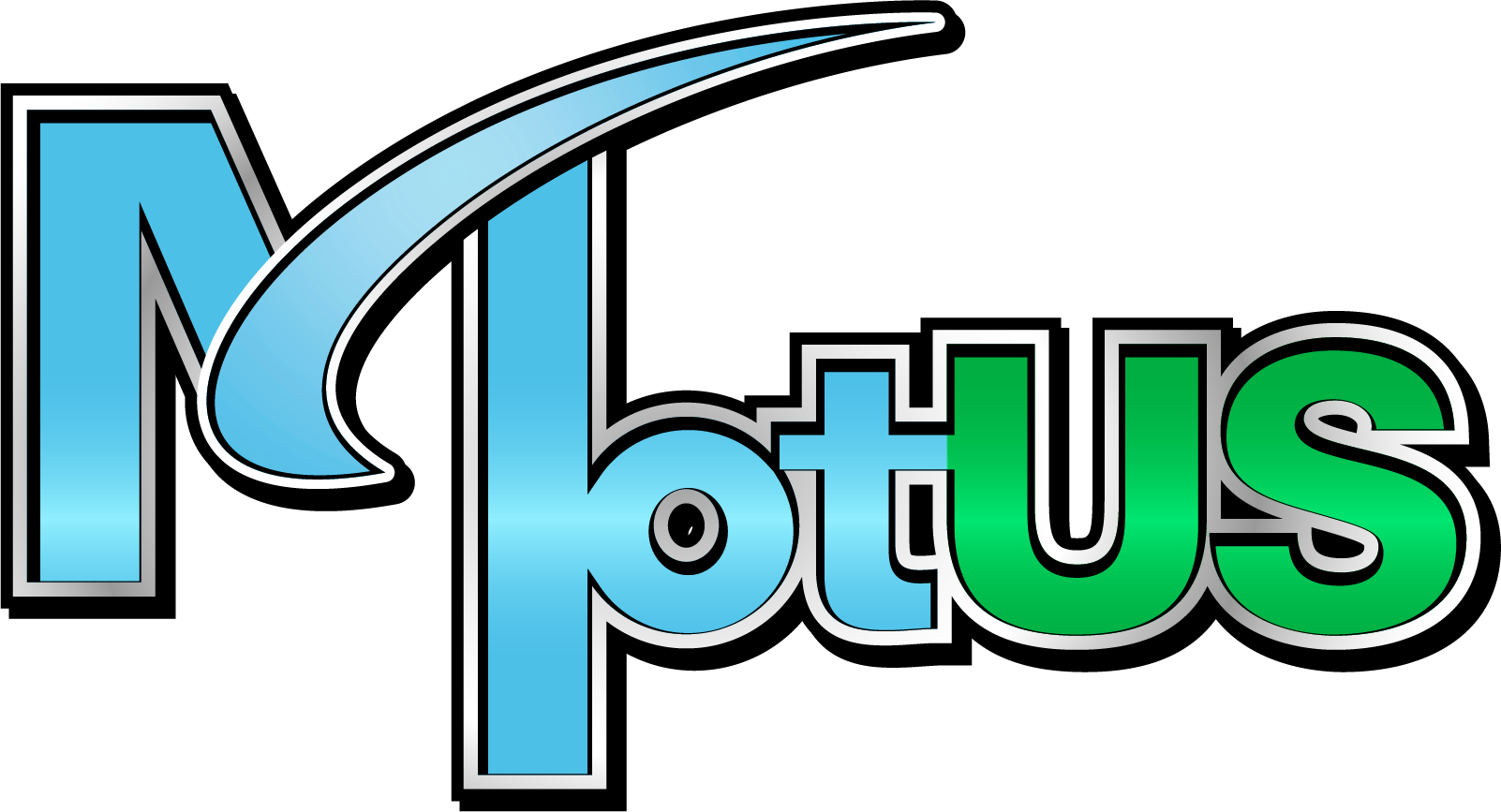Time Management: An Essential Skill for Top Performers

- IMPORTANT to-dos or responsibilities are ones that contribute to the achievement of your goals.
- NON-IMPORTANT to-dos or responsibilities are ones that DO NOT contribute to the achievement of your goals.
- Items with important deadlines and high urgency need immediate attention; this cannot be helped. Unfortunately, these tend to be crises, pressing problems, projects that are deadline-driven, emergencies, or things that require last-minute preparations.
- Items with high importance but do not have urgent deadlines. These are items are usually planning, preparing, and training. The more you can add items like this to your agenda and plan far in advance, the more you are working toward your goals. The items from #1 will slow you down from #2, so you want to do everything you can to get out in front of those items and see the smoke before there’s fire, you know the old saying.
- Items that are both not important with high urgency are distractions. Assign these to someone else if you can. These tasks do not contribute to your goals and they take energy away from tasks that will have a positive impact on your business.
- Items that are not important and are not urgent basically yield no value to your objectives. They are time wasters for you and should be eliminated when possible.
- Question if an activity brings your closer to your goals. Consider the four statements above and categorize you to-dos.
- Prioritize tasks that bring you closer to your goals versus tasks that do not.
- Plan ahead as much and as far as possible. The more you can live in this space the less distractions you will have.
- Always sort your to-do list. This will help you identify what needs your attention, what can wait and what you can delegate to someone else.

Stacy Rowe is the Senior Vice President for Premier Athletics. She started with Premier Athletics in 2001 when began as the gym manager in Clayton, NC. Stacy was the 2014 USASF Coach of the Year and has coached many cheer and dance teams throughout her career. Her teams have earned several Gold, Silver, and Bronze World Championship placements and she understands the work it takes to be successful.
She is passionate about teaching others to build their business. Stacy is a jack of many trades. She is a wife of 24 years and a mother of two teenagers, Avery and Jon. In addition, Stacy is an award-winning author. Her pen name is S.R. Fabrico. She has won awards for several novels. She also has a series of sports journals for athletes. Her genuine wish is to help athletes set goals, track their season, and enjoy the journey.




How Apolla Socks Leapt From Shark Tank to a Global Performance Brand (with Co-founder Bri Zborowski)







